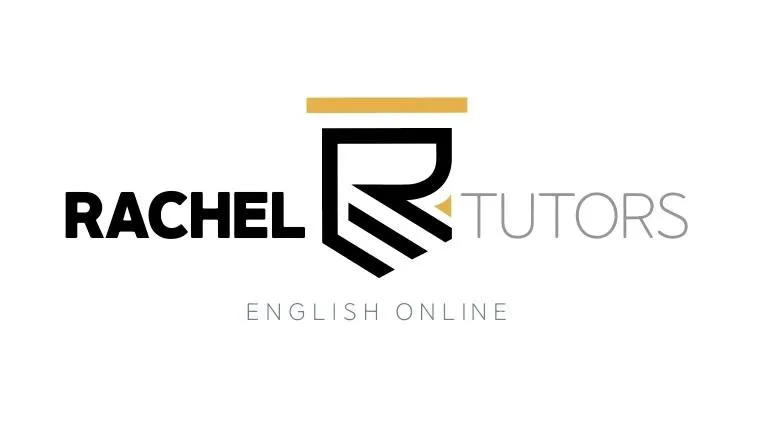Contact Us
Blog

Not Sure What’s Going on in ELA Class? This ELA Help Breakdown Is for You
What Is ELA, Really?
ELA, or English Language Arts, is the subject dedicated to helping students become strong readers and writers. It focuses on four key skills: reading, writing, listening, and speaking. While that might sound like something meant for English learners, it actually applies to all students. The goal is to fine-tune how well teens use the English language to understand complex ideas and communicate clearly.
If your teen says they’re “doing English,” that could mean anything from analyzing a poem to writing an argument essay. This guide offers practical ELA help by breaking down what the subject includes and how expectations change between middle school and high school.
What ELA Covers in Middle School
Middle school ELA still includes a mix of mechanics and foundational skills. That means students are usually working on:
Grammar and sometimes spelling
Vocabulary building
Reading comprehension
Writing in paragraphs and short essays
Speaking and listening
Starting more formal literary analyses
In writing assignments, grammar is still an important part of a student’s grade. Essays are expected to be longer and more detailed than in elementary school, and students are beginning to work on analyzing what they read, not just summarizing it.
What ELA Covers in High School
By high school, the focus shifts. Grammar isn’t emphasized as heavily in grading, but expectations for reading and writing are much higher. Students are expected to:
Read more complex texts
Analyze literature in depth
Write longer, more organized essays
Build and use a strong vocabulary
Speak and listen effectively in discussions and presentations
Writing grades depend more on how clearly and thoughtfully students can express their ideas. Teens are also expected to explain how and why things happen in a text, not just what happened.
Where Teens Usually Struggle
Most students can answer straightforward comprehension questions, but they hit a wall when they have to interpret what a character is thinking or justify their opinion with evidence. In writing, structure is often the biggest struggle. Teens aren’t always sure how to organize their ideas or how to keep their writing focused on the prompt.
Essays are especially tough; coming up with a strong thesis is a challenge, and writing concisely without repeating ideas takes practice. Texts with lots of figurative language or older/classical works can also be overwhelming.
Why Some Teens Fall Behind
A few signs your teen might need ELA help include:
Low or slipping grades
Written work that doesn’t answer the question
Struggling to summarize or explain what they’ve read
Trouble organizing their ideas in writing
Not understanding feedback from their teacher
Getting behind on assignments
Sometimes the problem is confidence. Other times, it’s that no one has broken things down in a way that makes sense to them.
How I Help Students Catch Up and Move Forward
My first goal with any student is to build confidence. We start small, with easier comprehension and writing tasks, so they can get a win early on. I walk them through strategies step by step: how to break down a prompt, how to find evidence in the text, how to structure a paragraph. I also ask them where they feel lost and pay close attention to patterns I see in their work.
Once they’re more confident, we move to slightly harder work: never too hard, just enough to keep growing. I help teens:
Organize their ideas
Write longer, more focused paragraphs
Address literary elements in our discussions and in their writing
Improve close reading skills
Build vocabulary
Correct recurring grammar issues
Get used to reading different types of books
ELA help isn't one-size-fits-all. My goal is to meet your teen where they are and give them the tools they need to succeed independently at their level.
Final Thoughts: Why ELA Help Matters
The gap between what a teen understands and what’s expected in ELA can get wide pretty fast. But with the right support, students are able to not only catch up but learn to enjoy reading and writing in ways they didn’t expect. If your teen is struggling with English, getting them the right kind of ELA help now can make all the difference in their confidence and success later.
Want support for your teen? Contact me via one of the methods below to learn more about how tutoring can give your teen the tools and confidence they need to thrive in ELA. I’d love to talk with you about how I can help.

